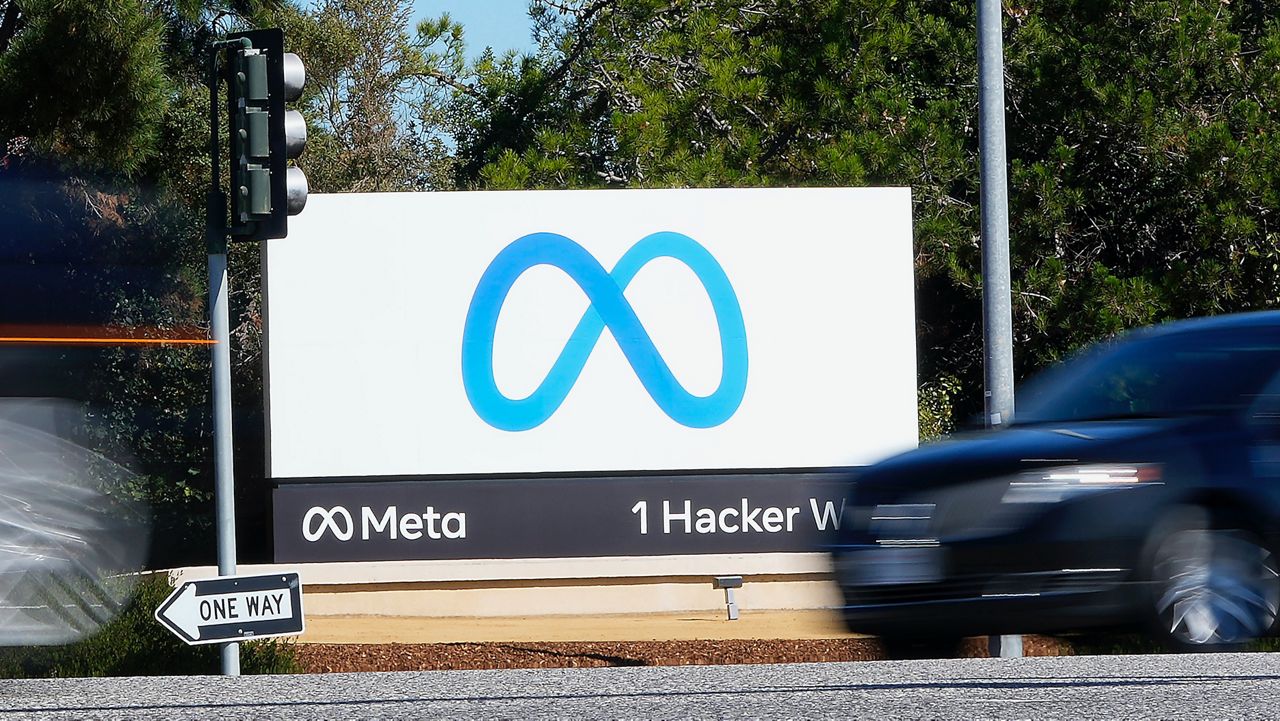Meta, the parent company of Facebook and Instagram, announced a new policy Wednesday aimed at labeling political or social-issue ads that have been digitally created or manipulated, such as with the use of artificial intelligence.
What You Need To Know
- Meta, the parent company of Facebook and Instagram, announced a new policy Wednesday aimed at labeling political or social-issue ads that have been digitally created or manipulated, such as with the use of artificial intelligence
- The goal of the policy, which takes effect around the world on Jan. 1, is to help Facebook and Instagram users “understand when a social issue, election, or political advertisement on Facebook or Instagram has been digitally created or altered"
- Advertisers will be required to disclose to Meta when an an ad contains a realistic image, video or audio that was digitally created or modified
- The social media company will then include a tag with the ad
The goal of the policy, which takes effect around the world on Jan. 1, is to help Facebook and Instagram users “understand when a social issue, election, or political advertisement on Facebook or Instagram has been digitally created or altered, including through the use of AI,” according to a Facebook blog post.
Advertisers will be required to disclose to Meta when an an ad contains a realistic image, video or audio that was digitally created or modified. The social media company will then include a tag with the ad.
With generative AI, which has become increasingly accessible on the internet this year, users can create convincing photos, video or audio of people saying and doing things they never did.
For example, immediately after President Joe Biden announced in April he was seeking reelection, the Republican National Committee released a video ad that used realistic, AI-created images to paint a doomsday picture of what the U.S. might look like if Biden serves another four years. It showed China invading Taiwan, banks closing, migrants swarming bridges and armed officers guarding San Francisco after it is closed due to escalating crime. The 30-second ad included a voluntary disclaimer saying the images were generated by artificial intelligence.
Meta said if it finds that an advertiser failed to disclose an ad was digitally created or altered, the social media company will reject the ad. Multiple violations could results in unspecified penalties against the advertiser.
Meta said the policy does not require advertisers to disclose digitally created or altered content that is inconsequential to the claims made in the ads — for example, image size adjustments, crops or color correction.





